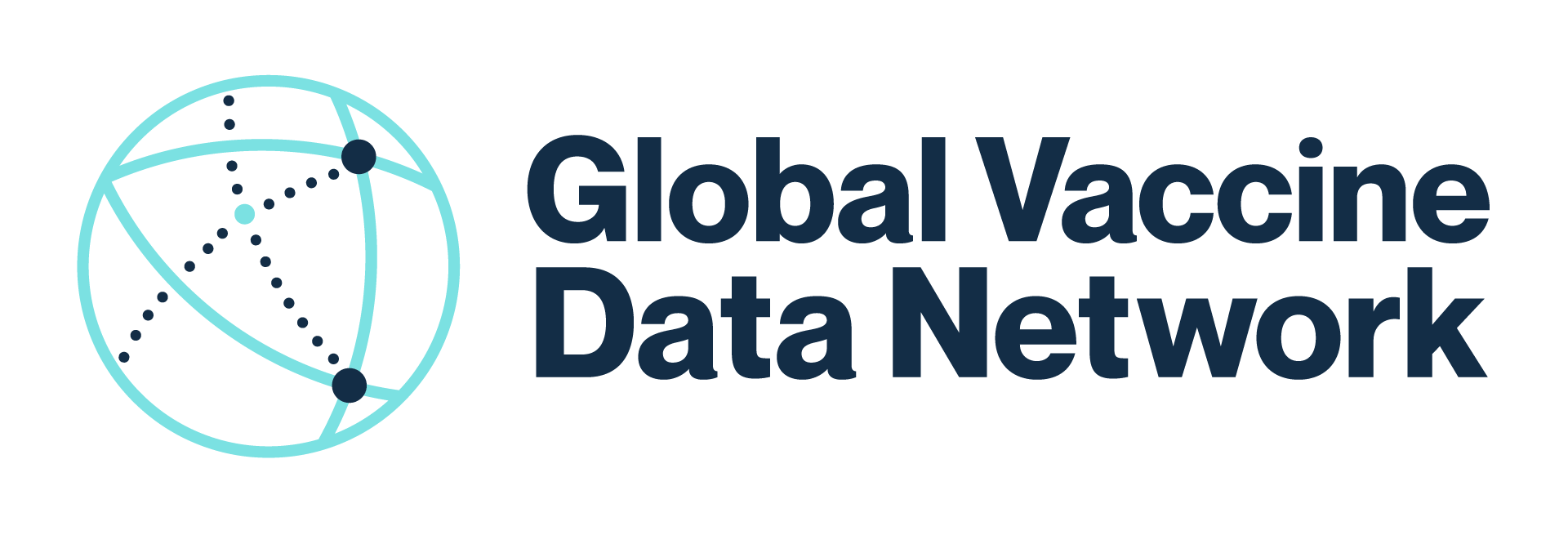The New Zealand Gold Study included a suite of observational studies to assess the risk of adverse events of special interest following COVID-19 vaccines in Aotearoa New Zealand using a gold standard approach. The work also includes contribution to a genomics study.
Background
Like many countries, New Zealand (NZ) has a spontaneous adverse event following immunisation (AEFI) reporting system. This is based at the Centre for Adverse Reaction Monitoring (CARM) at the University of Otago. While NZ has a very high reporting rate compared with other countries, an indication of a well performing system, the population of this country is very small and rare safety events are unlikely to be detected. Historically, except for the MeNZB™ mass vaccination campaign in 2004–2008, NZ has relied on international vaccine safety data to inform the regulator and National Immunisation Programme advice. Currently, despite having excellent administrative data, NZ has not been able to robustly verify rare vaccine safety signals, nor to investigate vaccine safety issues in a timely way.
Approach
The Gold Study* will implement active COVID-19 vaccine safety surveillance using four observational studies that address the following:
- Background and observed versus (vs.) expected rates of adverse events of special interest.
- Rapid cycle analysis that regularly looks at adverse events of special interest.
- Myocarditis and pericarditis association studies that assess the risk for these outcomes.
- Make a unique contribution to a global Genomics of COVID-19 Vaccine-Induced Adverse Events project examining genetic contribution towards vaccine-related adverse events, particularly a genetic association between receipt of a mRNA COVID-19 vaccine and the onset of myocarditis or pericarditis.
The study protocols have been adapted for NZ from protocols developed by the Global COVID Vaccine Safety (GCoVS) project background and observed vs. expected rates, rapid cycle analysis, myocarditis/pericarditis, and genomics work groups, led by Anders Hviida,b, Janine Paynterc, Dan Salmond and Ann Marie Navare, and Bruce Carletonf respectively.
For more information
- Open the Gold Study brief information sheet
- Read the Ministry of Health COVID-19 and National Immunisation research project report
Footnotes
a. Statens Serum Institut, Copenhagen, Denmark
b. University of Copenhagen, Copenhagen, Denmark
c. University of Auckland | Waipapa Taumata Rau, Auckland, New Zealand
d. Johns Hopkins University, Baltimore, U.S.
e. University of Texas Southwestern Medical Center, Texas, U.S.
f. The University of British Columbia, Vancouver, Canada
![]() You will need Adobe Acrobat Reader to open the brief information sheet or PDF report.
You will need Adobe Acrobat Reader to open the brief information sheet or PDF report.
The NZ Gold Study was supported by Manatū Hauora Ministry of Health, and the Centers for Disease Control and Prevention (CDC) of the U.S. Department of Health and Human Services (HHS). The contents are those of the author and do not necessarily represent the official views of, nor an endorsement, by CDC/HHS, or the U.S. Government.
